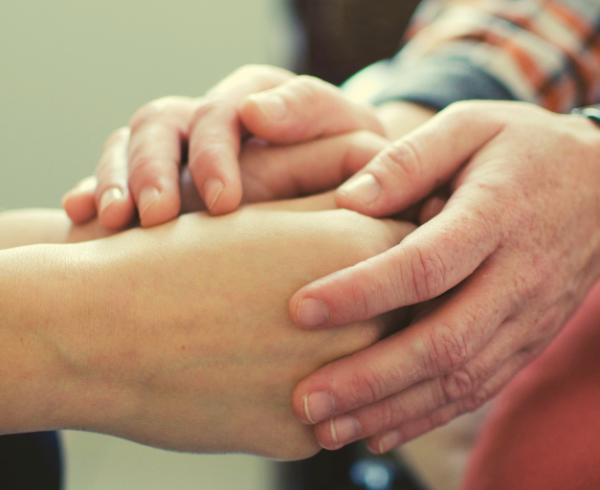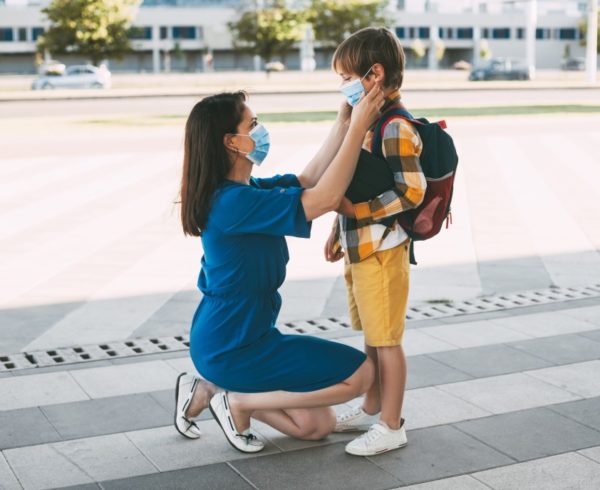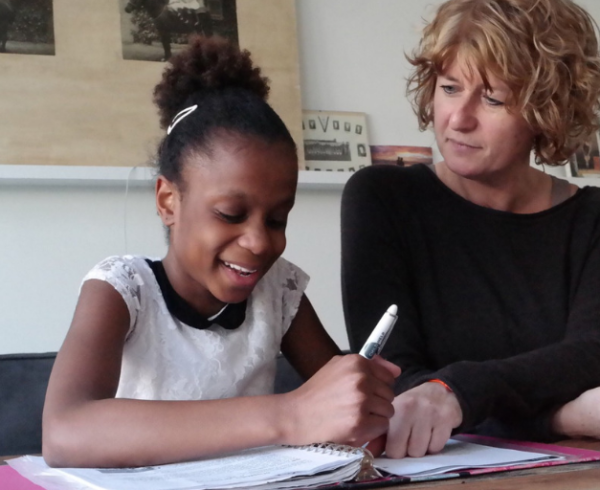According to the Canadian Cancer Society’s most recent statistics, an estimated 196,900 new cases of cancer will have occurred in Canada in 2015 and 63% of Canadians diagnosed with cancer will survive at least 5 years after their initial diagnosis (source: Canadian Cancer Society: Canadian Cancer Statistics publication). As our diagnostic abilities and treatments have improved, there has been an increasing number of people who are living longer with cancer. Thus, treatment approaches have widened to not only focus on the disease, its immediate symptoms and other physical issues, but also address the various chronic impacts of the illness on the person and his/her loved ones.

Coping with cancer
The burden of cancer poses a considerable challenge to survivors and their families, as the illness can have profound consequences on many aspects of their quality of life. Coping with cancer can be extremely stressful, frightening, and overwhelming. It is often associated with great change, uncertainty and loss. Research has demonstrated that a large proportion of cancer survivors experience some social, emotional, relationship, and psychological distress (Carlson & Bultz, 2002, 2003, 2004). These difficulties can develop at any point along the person’s cancer journey. From diagnosis to nearing end-of-life, each stage brings unique stressors in many domains of the individual’s life; problems that can be recurring and long-lasting.
Psychosocial oncology
The field of psychosocial oncology adopts a whole-person approach to cancer care, looking at the social, mental, emotional, spiritual, and cultural effects that the disease may have on survivors’ lives.
Therapists that specialize in psychosocial oncology offer counselling to individuals to help them cope with the broad range of illness-related challenges that develop along the disease course, such as depression, anxiety related to living with cancer and managing short- and long-term side-effects, feelings of isolation, fears of recurrence and mortality. It is well-recognized that cancer not only affects the survivor but also his/her family and loved ones. Psychosocial counselling can help partners, family members, and friends with the many difficulties they face as they support and care for their loved one with cancer and other illnesses.
The overall goal of healthcare professionals in psychosocial oncology is to support cancer survivors and their loved ones as they adjust and cope with the disease, helping them to maintain the best possible quality of life and wellbeing throughout their cancer journey.
How we can help
Psychologists at CBT Associates specialize in cognitive behavioural therapy in the greater Toronto area, and many of our associates specialize in stress treatment, anxiety treatment and depression treatment that may coincide with chronic illness.









Recent Comments